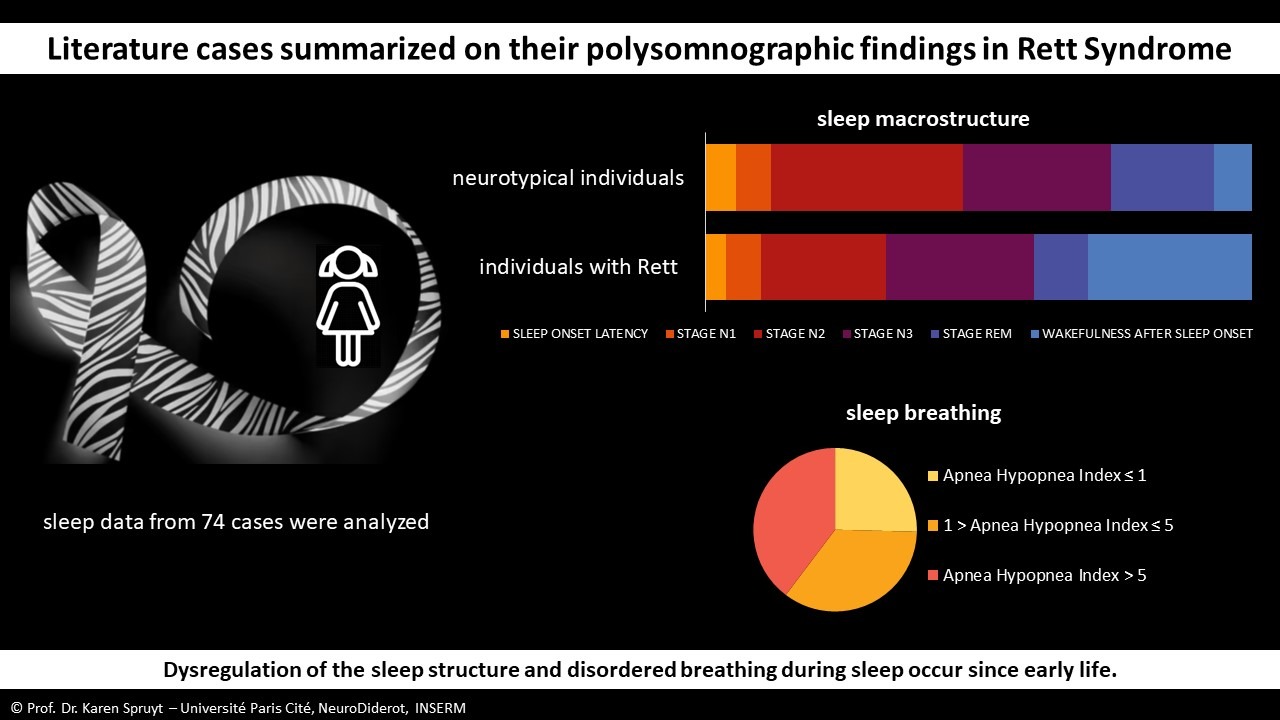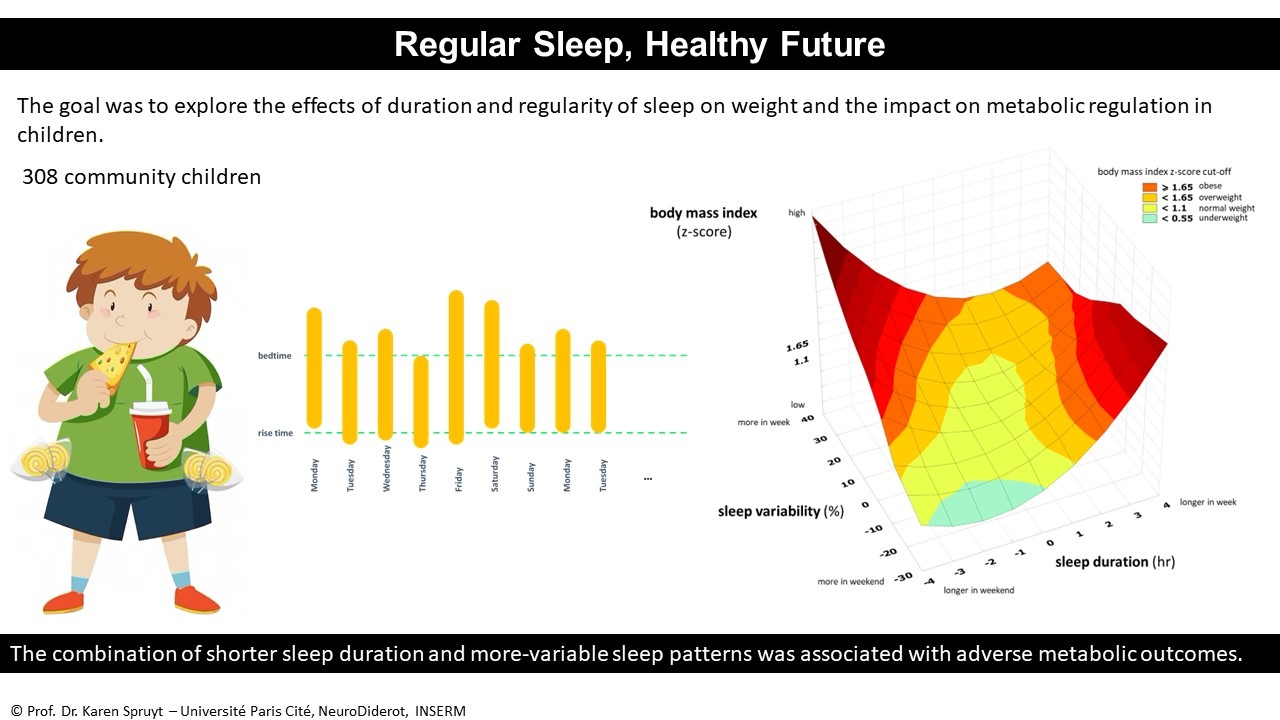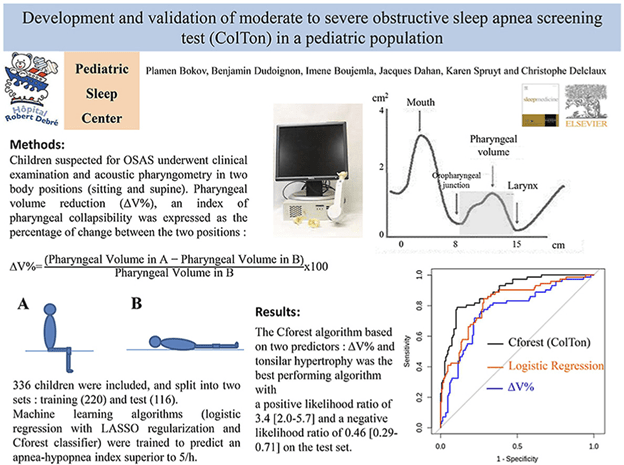The Sleep2Develop program investigates the role of sleep as a promotor of neurodevelopment and identifies the sleep determinants of childhood development. This is rephrased as Sleep(to)Develop? or Sleep(to)Develop! Our sleep research combines clinical and neurodevelopmental assessments.
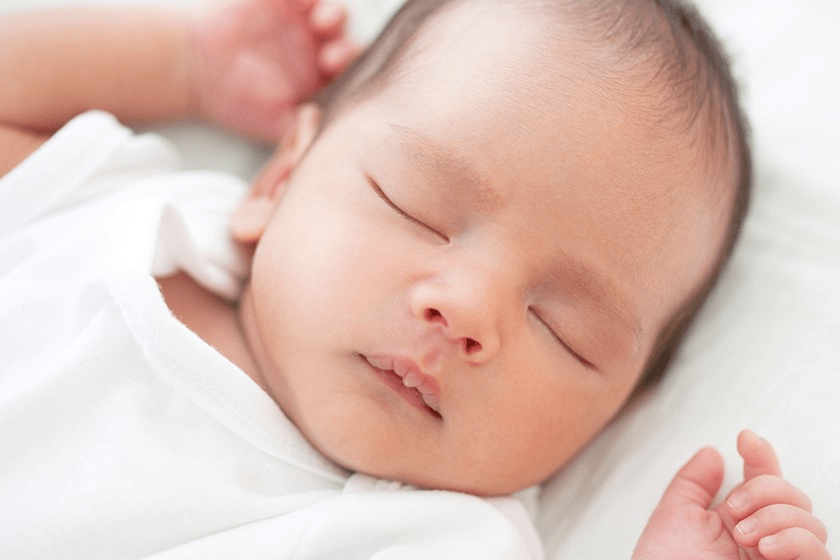
Childhood Sleep Disorders: a societal concern
In childhood sleep problems are common. Estimated subclinical prevalence rates of 20-40% in typically developing children, and >90% in atypically developing children, are reported. A child’s sleep difficulty furthermore means at least one poor sleeping parent and potentially other family members suffering as well. These sleep difficulties may cause distress and impairment across multiple areas of functioning, including cognitive (e.g., deficits in memory and attention), educational (e.g., scholastic underperformance), and/or socio-emotional (e.g., internalizing and externalizing symptomatology) and also health risks (e.g., increased risk of the cardiometabolic syndrome).
Sleep begins to develop in early fetal life, and consequently is our first experiential state. Improved characterization of an individual child’s sleep need and determinants, as well as quantification of the relation with neurodevelopmental performance and overall health is essential.
Effective diagnosing, managing, and treating pediatric sleep disorders may alleviate adverse effects experienced by the child, family members, and eventually society. That is, the consequences of poor sleep on health, well-being, and productivity may have far-reaching economic consequences.
Research Interests
The Sleep2Develop program focuses on the variability of sleep-dependent development in childhood. Our research emphasis is on the sleep state, which since conception predominated our brain activity and regulation, and since birth influences our functioning et health. Studies, therefore, examine the role of sleep across (a)typical development applying multimethod approaches.
Pathological models studied
We embrace a neurodevelopmental perspective on brain-behavior relationships of children with sleep disorders (e.g., sleep-disordered breathing, restless sleep), genetic disorders (e.g., Rett syndrome), or special needs (e.g., ADHD, learning disabilities).
To participate as a research subject, you may contact SleepNeuroDiderot[at]gmail.com
For information on the Pediatric Sleep Clinic, please contact https://www.aphp.fr/service/service-61-070
We are part of the International Sleep Research Training Program of the World Sleep Society. Please contact us, or the World Sleep Society, if you are interested in this one-year mentorship program in Pediatric Sleep at the Academic Hospital Robert-Debré.
An international Sleep2Develop program
We develop collaborations with teams in Australia, Brazil, Canada, Chile, China, Germany, Georgia, Greece, Israel, Italy, Japan, Netherlands, New Zealand, Portugal, South Africa, Spain, Turkey, UK, USA.
Publications
Read more
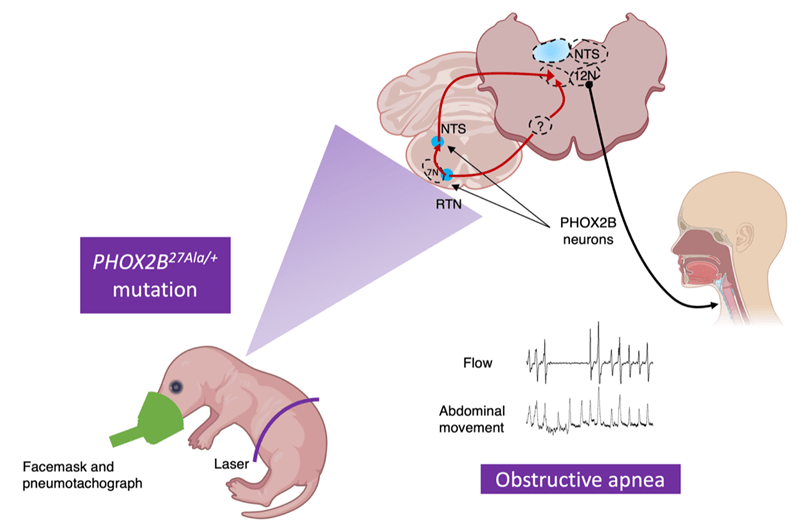
Research program on CCHS
CCHS is a disease characterized by a congenital impairment of the central control of breathing, associated with dysfunctions of the autonomic nervous system (ANS) (Gallego, 2012). At birth, patients have severe and persistent hypoventilation during sleep and a...

Breaking news for Central Congenital Hypoventilation Syndrome
In collaboration with Dr. Muriel Thoby-Brisson (Université de Bordeaux, Institut de Neurosciences Cognitives et Intégratives d’Aquitaine, CNRS), and thanks to Fondation Air Liquide, Association Française du syndrome d'Ondine and start-up company ATMOSR, team NeoPhen...

Bad Dreams and Nightmares Preceding Suicidal Behaviors
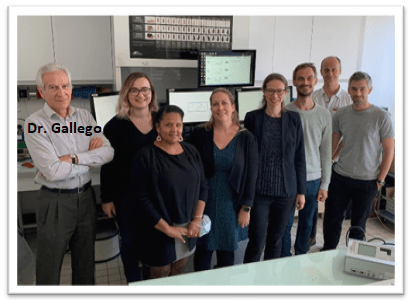
Project – CCHS Foundation 2021
Team SleepCmd, in collaboration with team NeuroDev (Dr. Andrée Delahaye), receive support from the CCHS Foundation in 2022 to study the genetic dysregulations that could be associated with Congenital Central Hypoventilation Syndrome (CCHS). Members of the SleepCmd and...

